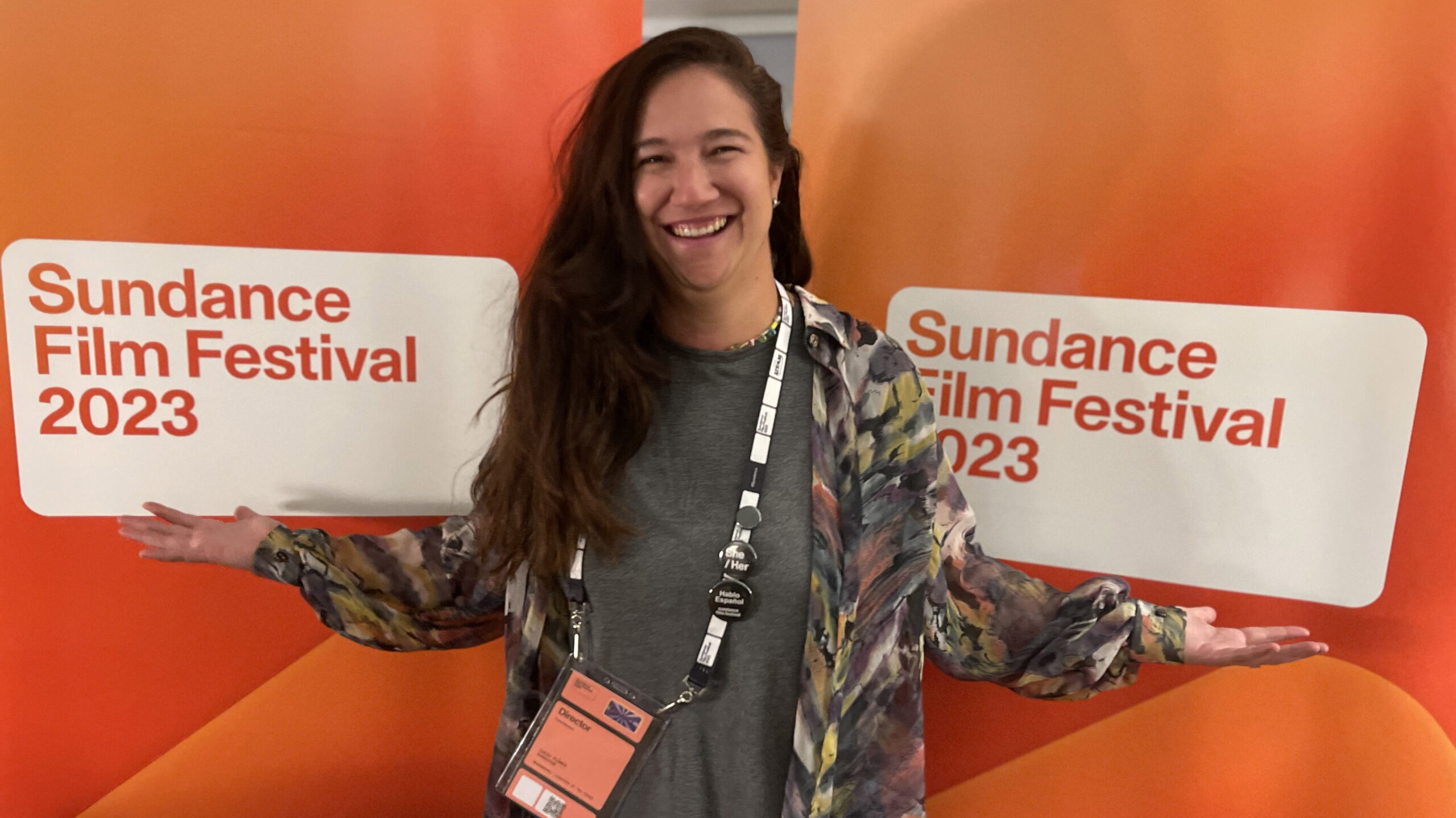PARK CITY, Utah — When I arrived at this year’s Sundance Film Festival’s press office to pick up my accreditation, two small tags caught my attention.
The tags She/Her and Hablo Español, was hanging on the t-shirt of the public relations assistant who was helping me.
Since their beginnings, international film festivals have been claiming to promote cultural diversity. Cannes, Berlin, Venice, San Sebastian and, of course, Toronto have gathered the best of the best in the art of filmmaking. However, some journalists have differing opinions.
“We’re living a kind of moral explosion since cancel culture appeared,” said Oti Rodríguez Marchante, a Spanish film critic.
He said topics like gender, ethnicity, language, and exotic cultures were more important now than the artistic quality of a film.
“And ideology, everybody thinks they have an ideology, but mostly nobody has it,” Rodriguez Marchante said.
I was afraid he was right when I read through the program of this year’s Sundance Festival. All these topics seemed to be prominent somehow in the arguments.
I’ve been reporting about film festivals for more than 20 years, which means I’ve shared the bathroom with John Travolta, crossed paths with Sylvester Stallone and almost stepped over Kristen Stewart’s bare feet.
But nothing has made me learn more about cinema than talking with a Turkish filmmaker about Muslim customs, watching a Senegalese man selling charcoal on the streets or listening to a female Peruvian filmmaker talking about how parents teach their children how to fish in the Amazon jungle.
Lucia Flórez, the Peruvian filmmaker who filmed in the Amazon, also wore two tags: She/Her, Hablo Español.
Her short documentary, Shirampari: Herencias del río, was shown at Sundance. It is a very touching story about a father and a son, about how tradition and knowledge passes through generations.
Sundance has provided the film with a powerful platform to gain attention, mainly in the U.S.
However, it did the opposite to Jihad Rehab, a feature documentary selected for the 2022 edition of Sundance. This film, a “journey inside the world’s first rehabilitation center for ‘terrorists,'” according to its website, was publicly rejected by Sundance.
After being shown, several people protested against it using social media and underlined that its female director, Megan Smaker, was not Muslim. The film has been renamed The Unredacted and Smaker is distributing it in U.S. theatres herself.
Nowadays, many film festivals have their own funds to help produce films, which are selected often by themselves when they’re done. Neither The Unredacted nor Shirampari received these funds, but art-house cinema depends more and more on this funding.
I don’t fully agree with Rodriguez Marchante. Sundance 2023 has been a very good festival, with films that were finally more interesting than what their summaries suggested.
But art has always been linked to discrepancies, debates, and protests, that show the contradictions of being human.
The two tags demonstrate that they care for gender and language diversity. But perhaps they should care more for their own programming criteria, unless they want challenging films to wear a tag saying I was not selected by Sundance.

